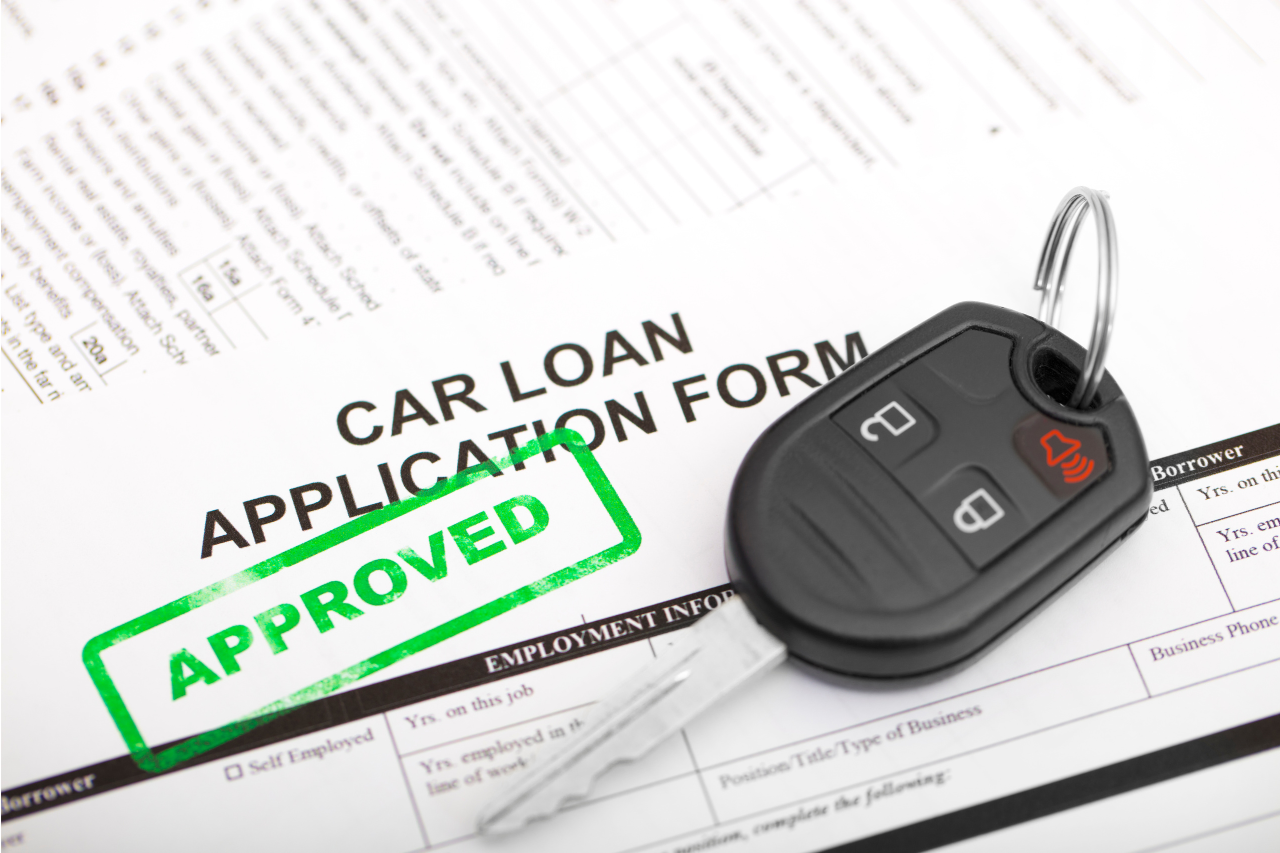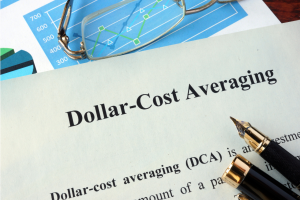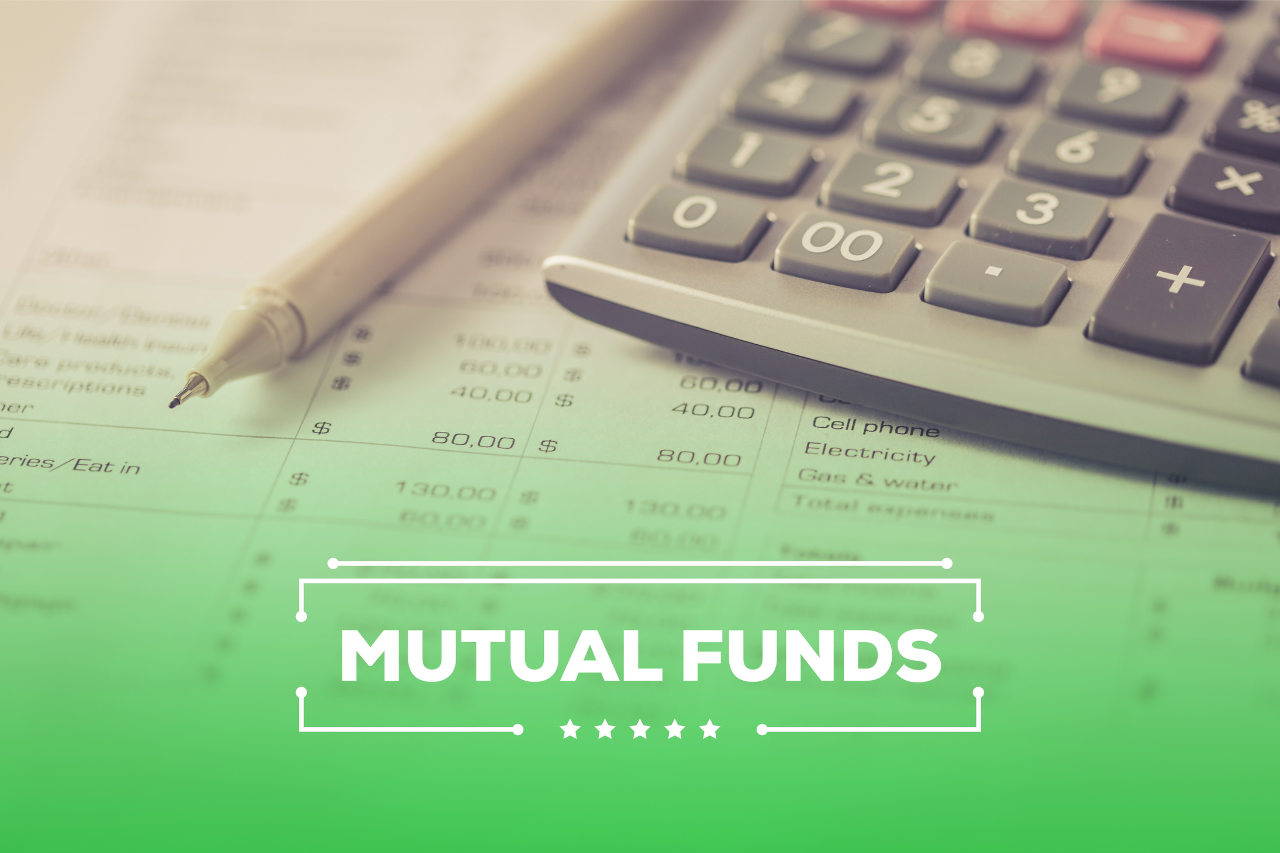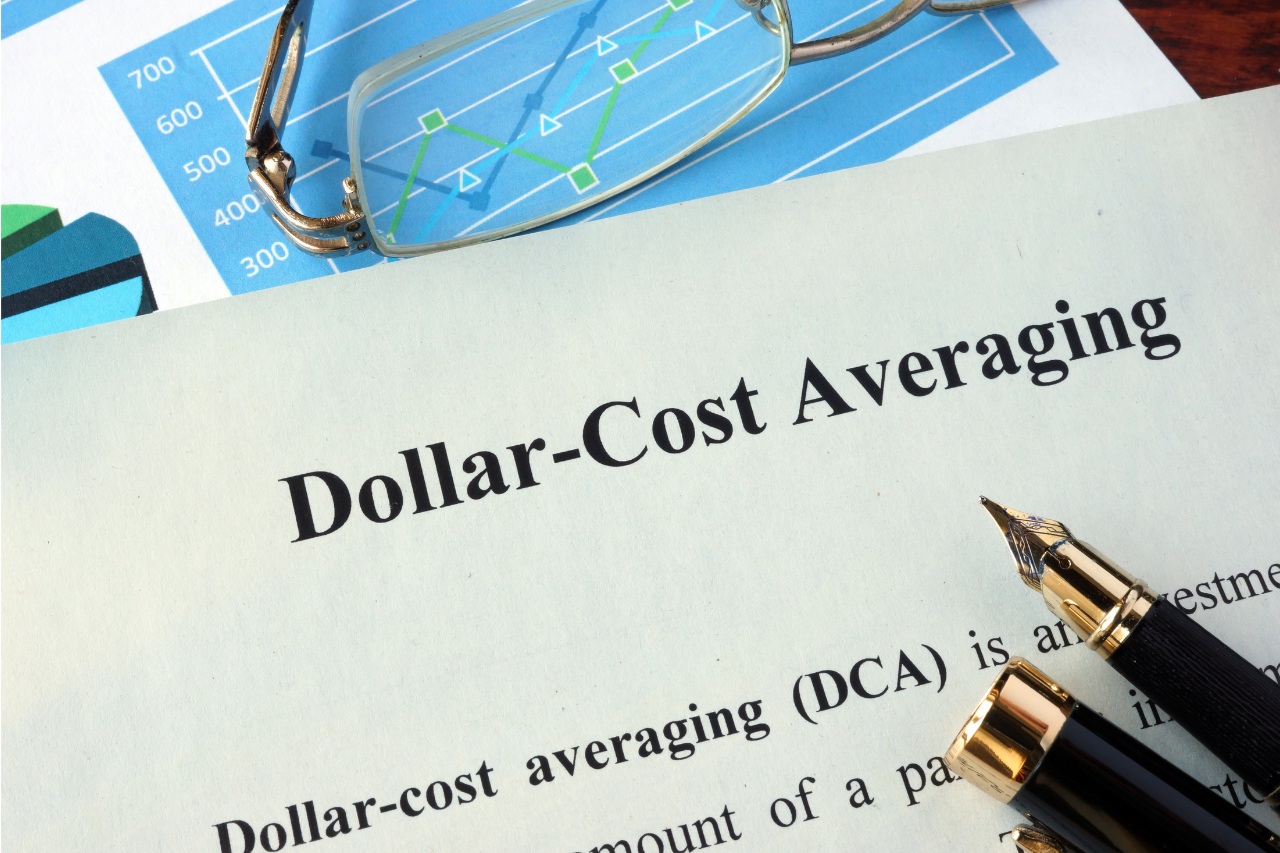
Building Wealth: Mutual Funds vs ETFs
Share: Optimize your strategy by comparing Mutual Funds and Exchange-Traded Funds. Deciding whether to buy an ETF or a mutual fund can be a tough

To get a car loan with the best interest rate, start by checking your credit score and fixing any errors on your credit report. Then, shop around for the best interest rate from different lenders. You can also get a lower interest rate by making a larger down payment or by taking out a shorter loan term. If you have good credit, you may be able to get a 0% interest loan from a manufacturer or dealer. To ensure you get the best deal on your car loan, compare offers from multiple lenders.
An auto loan is a loan that is used to finance the purchase of a car. Auto loans are available from banks, credit unions, and online lenders.
Auto loans typically have terms of 36, 48, or 60 months, and the interest rate is usually fixed. The amount you can borrow will depend on your credit history and income.
The first step to getting a car loan is to check your credit score and make sure there are no errors on your credit report. You can get your free credit score from several sources, including Credit Karma, Quizzle, and Credit Sesame.
Once you know your credit score, you can start shopping around for the best interest rate. Lenders will offer you a lower interest rate if you have good credit. You can compare rates from multiple lenders online.
Another way to get a lower interest rate is to take out a shorter loan term. Loan terms typically range from 36 to 60 months. A shorter loan term will have a lower interest rate but you will have to make higher monthly payments.
If you can, make a larger down payment on your car loan. This will reduce the amount you have to finance and will lower your interest rate.
If you have good credit, you may be able to get a 0% interest loan from a manufacturer or dealer. This means you will not have to pay any interest on your car loan.
When you are ready to apply for a car loan, be sure to compare offers from multiple lenders. Compare the interest rate, loan term, and monthly payment to find the best deal.
Applying for a car loan is a simple process. Just be sure to check your credit score, shop around for the best interest rate, and compare offers from multiple lenders. By following these steps, you will be sure to get the best deal on your car loan.
One of the first steps in the auto loan process is to get preapproved or prequalified for a loan. These terms are often used interchangeably, but there is a difference between preapproval and prequalification.
Prequalification is a less formal process than pre-approval. To get prequalified, you simply provide some financial information to a lender, who does a quick review of your finances. Based on this information, the lender will give you an estimated loan amount and interest rate.
Preapproval is a more in-depth process. To get preapproved, you fill out a loan application and provide the lender with supporting documentation, such as your pay stubs and tax returns. The lender will then do a more thorough review of your finances and provide you with a preapproval letter that outlines the terms of the loan.
Getting pre-qualified is a good first step in the auto loan process, but preapproval gives you more negotiating power when you’re ready to buy a car.
If you’re in the market for a new car, one of the first steps you should take is getting preapproved for a loan. Preapproval gives you an estimate of how much you can borrow and can help you negotiate the price of the car.
To get preapproved, you fill out a loan application and provide the lender with supporting documentation, such as your pay stubs and tax returns. The lender will then do a more thorough review of your finances and provide you with a pre-approval letter that outlines the terms of the loan.
Getting preapproved for a loan is a simple process, but it’s important to compare offers from multiple lenders to make sure you get the best deal.
A cosigner is someone who agrees to sign a loan with you and be responsible for the loan if you can’t make the payments. Having a cosigner can help you qualify for a loan, get a lower interest rate, and improve your chances of getting approved for a loan.
If you’re thinking about applying for a loan with a cosigner, it’s important to choose someone who has good credit and is financially responsible.
A co-borrower is someone who applies for a loan with you and is equally responsible for the loan. Unlike a cosigner, a co-borrower is also liable for the loan if you can’t make the payments.
If you’re thinking about applying for a loan with a co-borrower, it’s important to choose someone who has good credit and is financially responsible.
GAP insurance is optional insurance that covers the difference between the amount you owe on your car loan and the amount your car is worth if it’s totaled in an accident.
If you have a loan with a high-interest rate, GAP insurance can help you save money if your car is totaled. However, if you have a low-interest loan or lease, you may not need GAP insurance.
If you’re not happy with the interest rate on your car loan, you can always try to refinance the loan. Refinancing simply means taking out a new loan with a lower interest rate and using the money to pay off your old loan.
To qualify for a refinance, you generally need to have good credit and a steady income. You’ll also need to compare offers from multiple lenders to make sure you get the best deal.
Getting a car loan is a simple process, but it’s important to compare offers from multiple lenders to make sure you get the best deal. You can also save money by refinancing your loan if interest rates drop.

Share: Optimize your strategy by comparing Mutual Funds and Exchange-Traded Funds. Deciding whether to buy an ETF or a mutual fund can be a tough

Share: Facebook Twitter Pinterest LinkedIn What Are Stocks? A stock is a type of security that signifies ownership in a corporation and represents a claim

Share: Facebook Twitter Pinterest LinkedIn Are you looking for ways to grow your wealth safely? Are you looking for wealth building investments that can help

Share: Facebook Twitter Pinterest LinkedIn What Is Dollar-Cost Averaging? Dollar-cost averaging is an investing technique in which an investor purchases a fixed dollar amount of
No spam, great information to grow your Money!

Share: Optimize your strategy by comparing Mutual Funds and Exchange-Traded Funds. Deciding whether to buy an ETF or a mutual fund can be a tough

Share: Facebook Twitter Pinterest LinkedIn What Are Stocks? A stock is a type of security that signifies ownership in a corporation and represents a claim

Share: Facebook Twitter Pinterest LinkedIn Are you looking for ways to grow your wealth safely? Are you looking for wealth building investments that can help

Share: Facebook Twitter Pinterest LinkedIn What Is Dollar-Cost Averaging? Dollar-cost averaging is an investing technique in which an investor purchases a fixed dollar amount of

Share: Facebook Twitter Pinterest LinkedIn If you’re in your 20s, you may be thinking about how to start investing. It’s important to begin saving and

Share: Investing can be very confusing and intimidating for beginners, especially when it comes to knowing what type of investment is right for you and

Share: Economic Depression Definition Economic depression is a severe and prolonged downturn in economic activity. In the United States, it is generally considered to be

Share: Most American fall short when it comes to saving for retirement, if you’re ready to start a retirement plan but don’t know where to begin, this guide